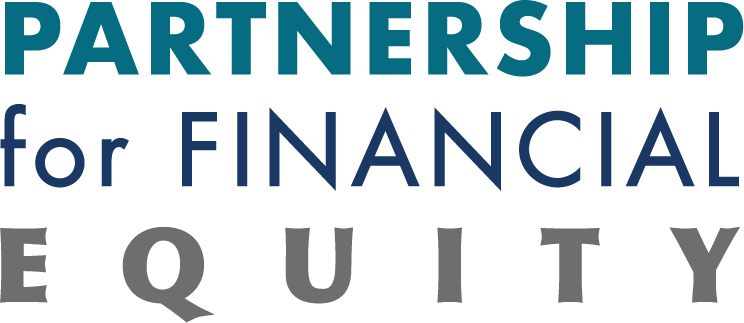MCBC Releases Changing Patterns XXIV
January 17, 2018
Black and Latino Lending in MA Highly Concentrated But Gains Being Made
Total home-purchase lending to blacks in 2016 was highly concentrated in a small number of the state’s cities and towns, and entirely absent in many others. Just five cities (Brockton, Boston, Worcester, Springfield, and Randolph) accounted for 43.9% of all loans to blacks in Massachusetts. Brockton alone accounted for over one-sixth (18.1%) of all loans to blacks in Massachusetts.
At the same time, blacks received no home-purchase loans in 2016 in 134 of the state’s 351 cities and towns, and only a single loan in 49 more. In Boston, just three neighborhoods (Dorchester, Hyde Park, and Mattapan) accounted for over three-quarters of all Boston loans to blacks (76.5%), while in three other neighborhoods (Back Bay, Beacon Hill, and the North End) blacks received no loans and in eight neighborhoods there was just one loan to a black homebuyer.
However, gains are being made, as black and Latino shares of total non-FHA loans have increased steadily over the past four years. In Greater Boston, the black share of total non-FHA loans increased from 1.8% in 2012 to 2.4% in 2016, while the Latino share increased from 2.6% to 4.0%. Despite this, black and Latino borrowers received shares of total non- FHA loans in 2016 that were far below their shares of total households. In Greater Boston, blacks made up 7.3% of households but received only 2.4% of non-FHA home-purchase loans, while Latinos, who made up 6.8% of households, received only 4.2% of non-FHA loans.
Denial rates for blacks and Latinos were also well above corresponding denial rates for whites. In Boston, blacks are 3.6 times more likely and Latinos are 2.0 times more likely to be denied a loan than white applicants. Blacks and Latinos experienced similar disparities in denial rates in Greater Boston and statewide.
More positively, the implementation of the Massachusetts’s unique CRA for Mortgage Lenders law appears to have had a favorable impact on the relative performance of independent mortgage companies in serving traditionally underserved borrowers and neighborhoods in Boston, Greater Boston, and Massachusetts.
These are among the most dramatic findings presented in the Massachusetts Community and Banking Council’s twenty-fourth annual report on local mortgage lending. Changing Patterns XXIV: Mortgage Lending to Traditionally Underserved Borrowers & Neighborhoods in Boston, Greater Boston and Massachusetts, 2016 was prepared for MCBC by Jim Campen, professor emeritus of economics at UMass Boston.
Read the full Press Release, Report, Supplemental tables, Executive Summary and Infographic here.

